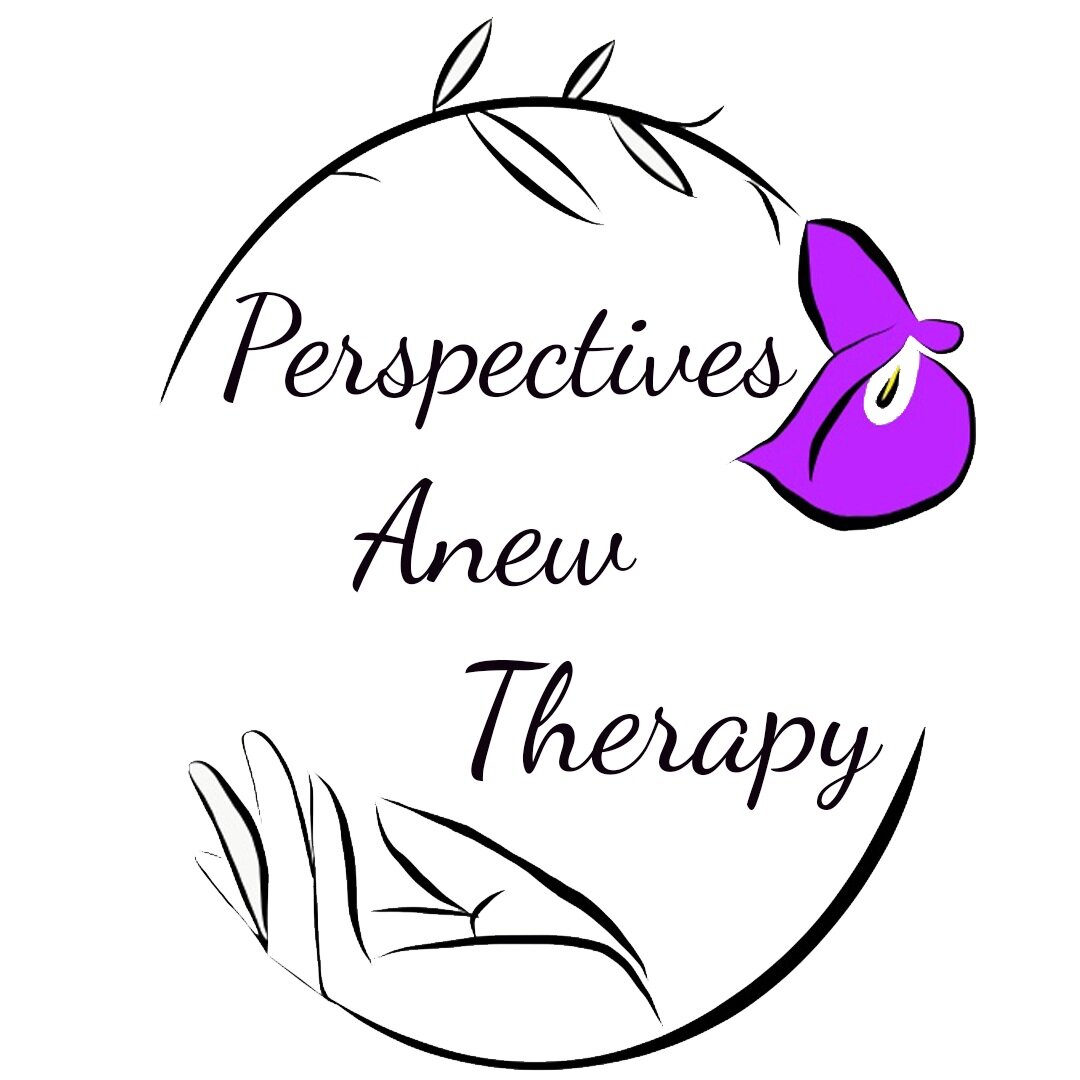Schizophrenia
Schizophrenia is a brain disorder that affects less than one percent of the U.S. population. Symptoms of the disorder can include delusions, hallucinations, disorganized speech, trouble with thinking, and a lack of motivation. Schizophrenia is not the same as dissociative identity disorder and those living with schizophrenia are not more dangerous than people within the general population. There is also a misconception that those diagnosed either become homeless or go through frequent hospitalization, however most people living with schizophrenia live with their family, group homes, or on their own. Although it is a lifelong diagnosis, treatment helps to manage symptoms and can reduce the recurrence.
When schizophrenia is active, it is characterized by episodes where the person is unable to recognize what is real and unreal. There are three categories symptoms fall into which are positive symptoms, negative symptoms, and disorganized symptoms. Positive symptoms are abnormally present and include hallucinations, paranoia, and distorted perceptions, beliefs or behaviors. Negative symptoms are abnormally absent and include a decrease in the ability to initiate plans, speak, express emotion, or find pleasure. Lastly, disorganized symptoms include confusion and disordered thinking or speech, trouble with logical thinking, and abnormal behavior and movements. The incidence of severe psychotic symptoms usually decreases as a person gets older, however not taking prescribed medication, using illicit drugs or alcohol, and stressful situations can increase symptoms. Symptoms typically first appear in early adulthood with subtle signs such as troubled relationships, poor school performance, and reduced motivation showing earlier in life.
While there is not a cure for schizophrenia, those living with the disorder do well with minimal symptoms. Antipsychotic medications are useful when reducing psychotic symptoms while reducing the potential for future episodes. Treatments such as cognitive behavioral therapy can also reduce symptoms, enhance function, reduce stress, and improve social skills. Because people with schizophrenia are at a higher risk of misusing drugs than the general population, diagnosis and treatment can become complicated due to substance misuse. If a person also shows signs of addiction, treatment for that addiction should happen along with treatment for schizophrenia itself.
Source: American Psychiatric Association
